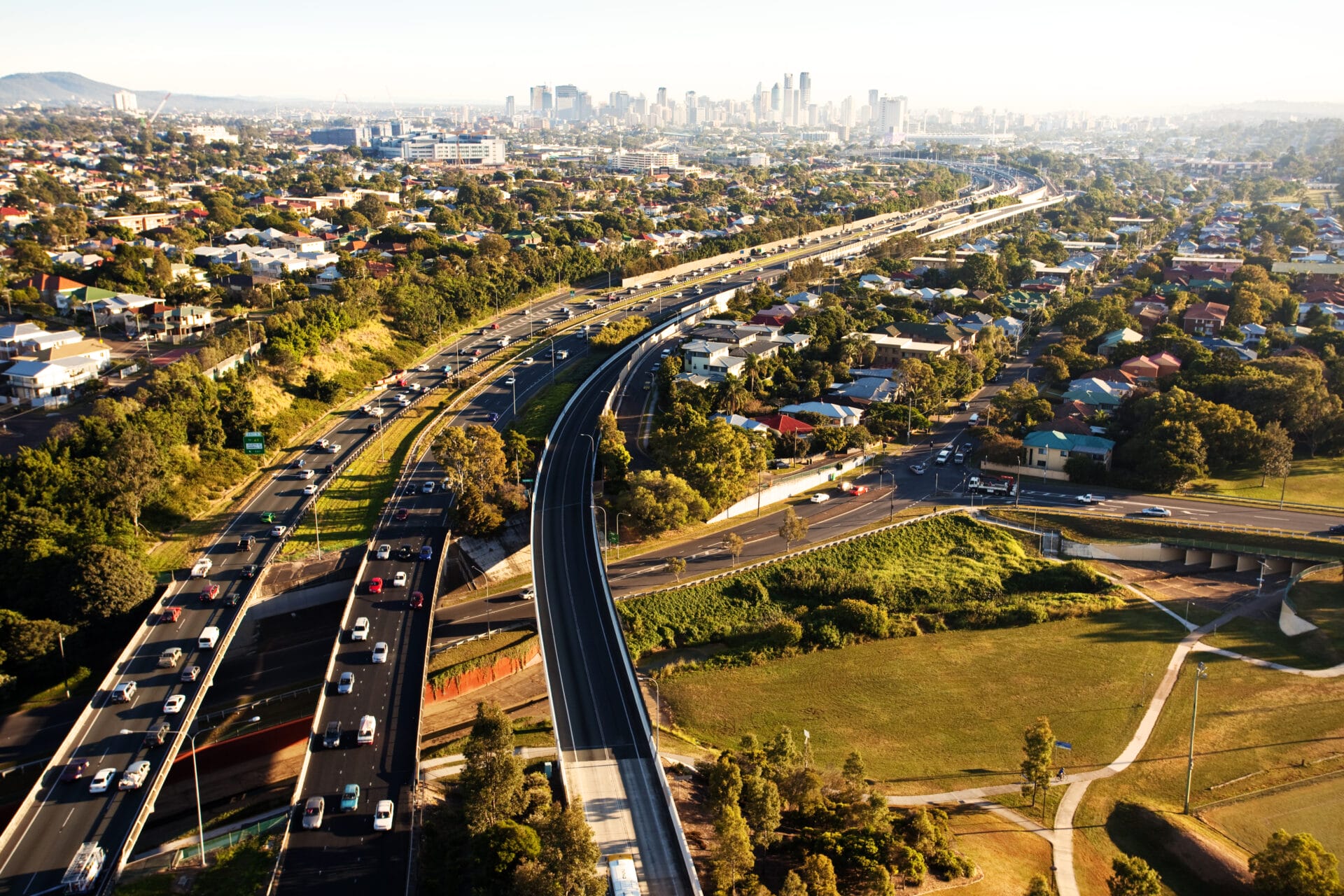Originally Published in Owner Driver – Feb 2024 Issue #373
Welcome to 2024. It’s the Year of The Dragon, and a time that the Chinese Horoscope says will bring authority, prosperity, and good fortune.
We’re keen on this type of outcome after what has been a tricky year for many. Diesel prices trended down but remained high, thanks to events overseas over which Australia had no control.
In the face of big inflation numbers making life challenging for most operators, the financial viability of operators remains our biggest issue.
Regulatory reform slowed to a crawl in 2023 before governments gave themselves yet another extension in the never-ending overhaul of the Heavy Vehicle National Law.
NatRoad opposed this delay, which pushes the introduction of new laws into parliament until 2025 at the earliest, seven long years from when the review commenced.
One thing that did move during the last 12 months was industrial relations law. The most significant for our industry was the introduction of a mechanism for the Fair Work Commission (FWC) to set minimum standards for drivers.
The legislation was split into two Bills with one passed in December and the other sent to a Senate inquiry, returning to the Parliament’s Upper House for debate after February.
Should the changes pass into law, NatRoad believes they won’t result in a return to the bad old days of the flawed Road Safety Remuneration Tribunal.
Any orders the FWC makes will be framed with expert industry input. There will be a way for operators to influence meaningful improvements to the way the road transport freight task is performed.
Last year was notable for progress in increasing mass axle limits with trials being launched in most states.
The Federal Government gave the green light to Euro VI to give us some certainty, and the decision to allow an increase to truck widths up to 2.55 metres brought Australia into line with most of the developed world.
That opens the Australian market to the latest wave of vehicles and smooths the way for larger payloads that batteries require.
Decarbonisation isn’t a preoccupation for most operators and that’s understandable.
But in the public policy space, it’s something that member associations must take up with lawmakers to ensure a cost-effective transition.
Original equipment manufacturers, dealers, governments, large freight, and mining companies are busily trialling hydrogen and electric vehicles under Australian conditions. We must also do more to increase supply and lower costs for renewable diesel.
In late 2023, NatRoad released a White Paper outlining the case for the creation of a Clean Transport Fund to provide a mix of loans and grants to help operators make the switch.
We plan to do a lot more work in this space in 2024, and it is clear decarbonisation will be a major focus for governments in the year ahead.
We’ll also continue to advocate for less red tape to improve heavy vehicle access, place downwards pressure on the road user charge, build better roads, improve safety, and highlight the impact of skills shortages.
The proposal to introduce an automated access system to reduce the burden of the permit system is one bright spot in the reform options from government, but they must prioritise delivery.
Industry does not need another reform crawl; we need outcomes in 2024.



